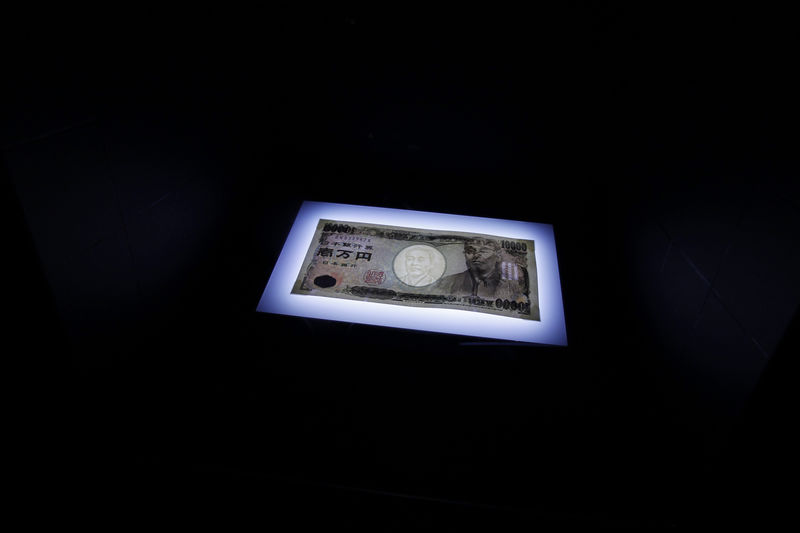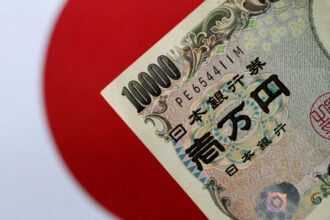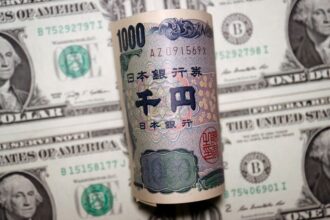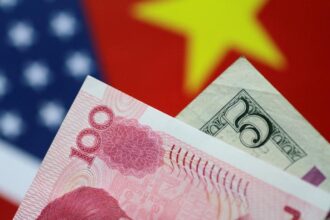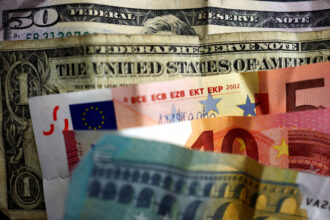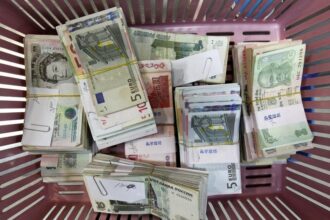The Bank of Japan (BOJ) has made a dovish adjustment to its Yield Curve Control (YCC) policy, leading to a weakened Japanese yen (JPY) against G-10 and Asian currencies. The adjustment has increased flexibility by placing a 1.0% upper end on the 10-year Japan Government Bonds (JGB) yield range as a reference rather than a cap. This move comes amid Wall Street’s overnight gains and has sparked risk-on sentiment in the market.
Market participants are now closely watching the BOJ’s next decision, which could see the 10-year JGB yield rise above 1%. RBC Capital Markets predicts this potential policy adjustment is already reflected in market responses. Furthermore, they question if another such adjustment could influence the rate, given the significant disparity between U.S. and Japanese rates.
Following these developments, the USD/JPY and rates rose by 0.2% to 149.40 and 158.51, respectively. The BOJ’s decision to leave the Interest Rate on Excess Reserves (IOER) unchanged but remove the 1.0% ceiling on YCC has led analysts to predict a possible formal removal of the YCC mechanism due to uncertainty about BOJ’s intervention in the JGB market.
This article was generated with the support of AI and reviewed by an editor. For more information see our T&C.
Read the full article here


